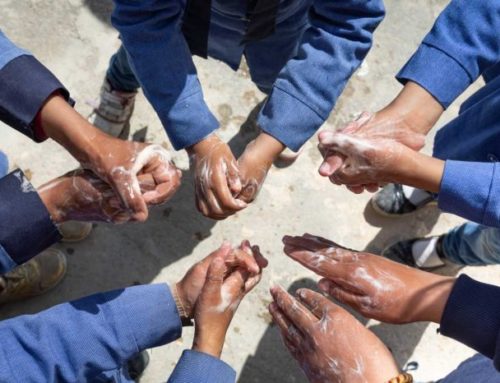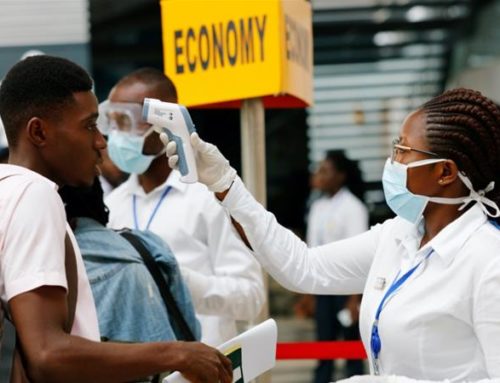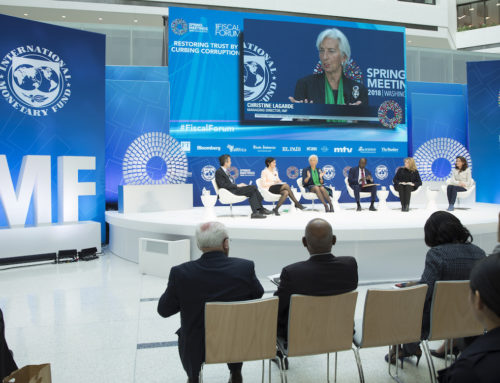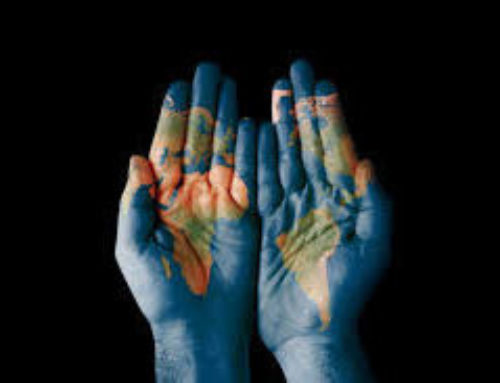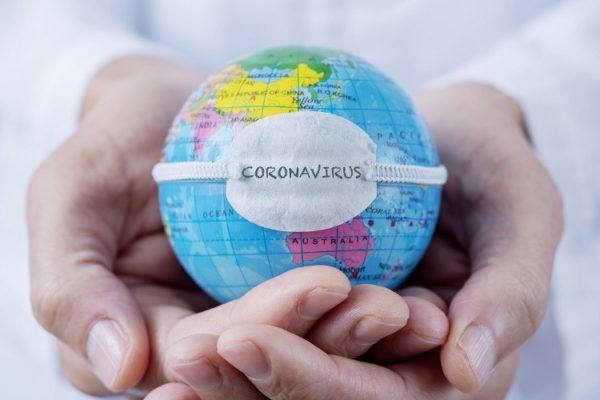
(PC: Gettyimages )
As we endure the hardships of total lockdown in many parts of the globe, it is however judicious to take a look at the way people feel it differently while living in same localities. I recently threw a question to my network members asking about what they miss most during this period of confinement. Some miss church gatherings, others champions league games, and lastly and definitely not least, some others miss money and food.
The COVID-19 pandemic has clearly exposed the gulf in the social stratification that our political and economic systems have sanctioned over the past decades. We had grown in some sense of complacency to the idea of social indifference and economic inequality. But we were very wrong. When some people can afford to survive confinement for months, only worrying about lack of entertainment, while in their neighborhoods are fellows who battle to survive hunger; there is something fundamentally wrong about our social order and our management of the goods of the earth.
People in poverty are members of our human family and their pain of hunger should awaken our conscience. This is where preferential option for the poor serves as a guiding principle to those who strive to promote the welfare of every member of our society. It is true that we will always experience various forms of inequality some of which will lead to unequal advantages to available opportunities. But what our social order should care much about is to create an atmosphere where the wealth of the members of our human family contributes to the well being of each individual member regardless of the historical misfortunes of some members.
COVID-19 has been a disaster to many because it has cost us human lives, and it is gradually threatening to shaken national politics and global economies. However, it must also be noted that this disease has unearthed certain lies and forced us to face the naked truth of our shared brokenness. Despite our abhorrent inequality of means and power, we have realized that no single person or nation can surely face off the disease singlehandedly. Moreover, the economies which often enjoyed to exhibit data about exponential growth, have also faced a reality check which reminded them that numbers do not count much when they do not correspond to individual human beings.
Therefore, as we continue battling the menace of COVID-19, one thing remains clear. For so long we have failed the poor. It comes down to how we manage our social order; and those we have entrusted the mandate to look over its equilibrium have now the responsibility to show that they care. It is true that we all have individual responsibility towards our brothers and sisters. But beyond individual efforts, let’s also take communal responsibility to acknowledge that which social justice commands us to uphold: a fair redistribution of our national or communal wealth for the well being of every one. It is time to put our house in order and prove to ourselves that we really belong to each other.
Fr. Patrice Ndayisenga, SJ
Director, JUC







